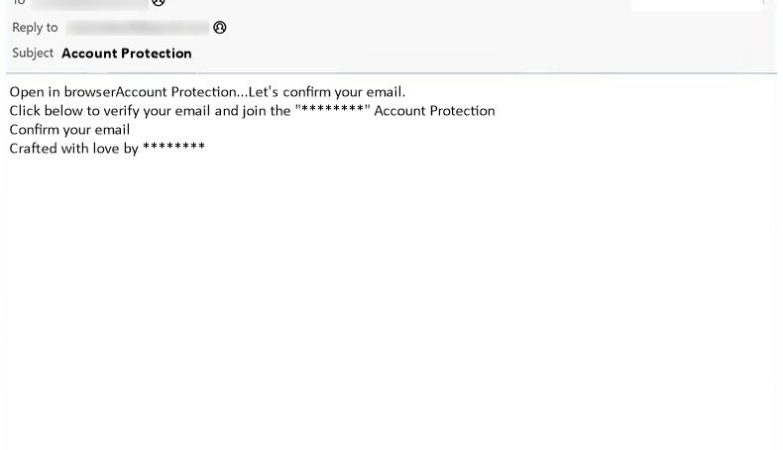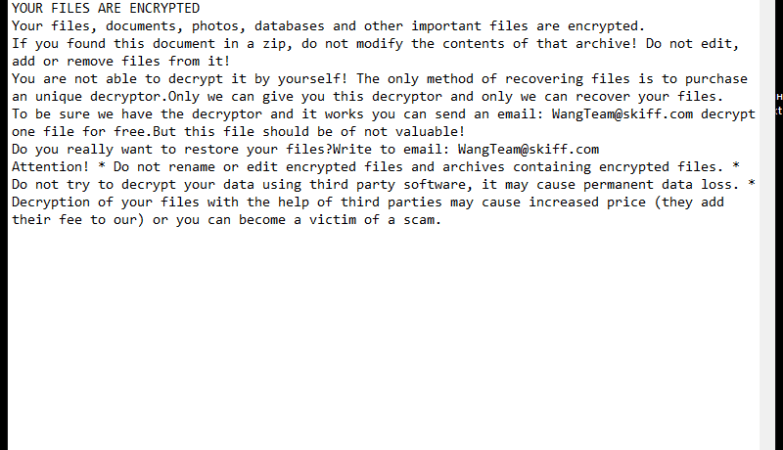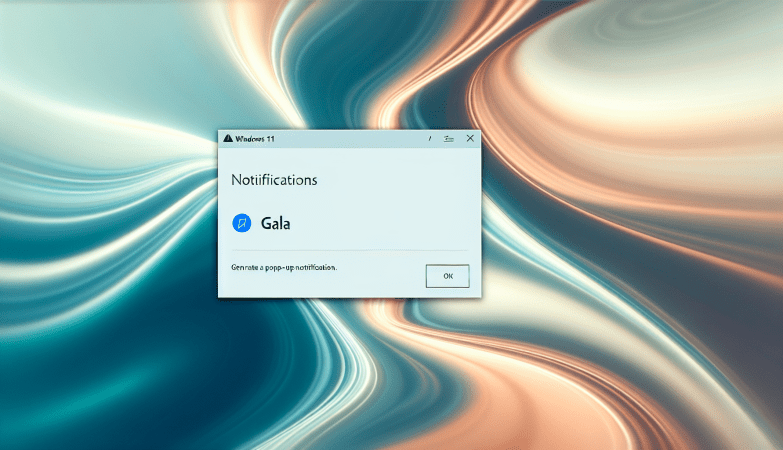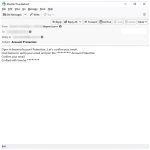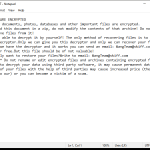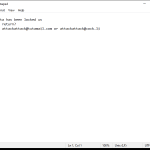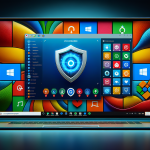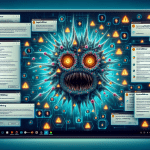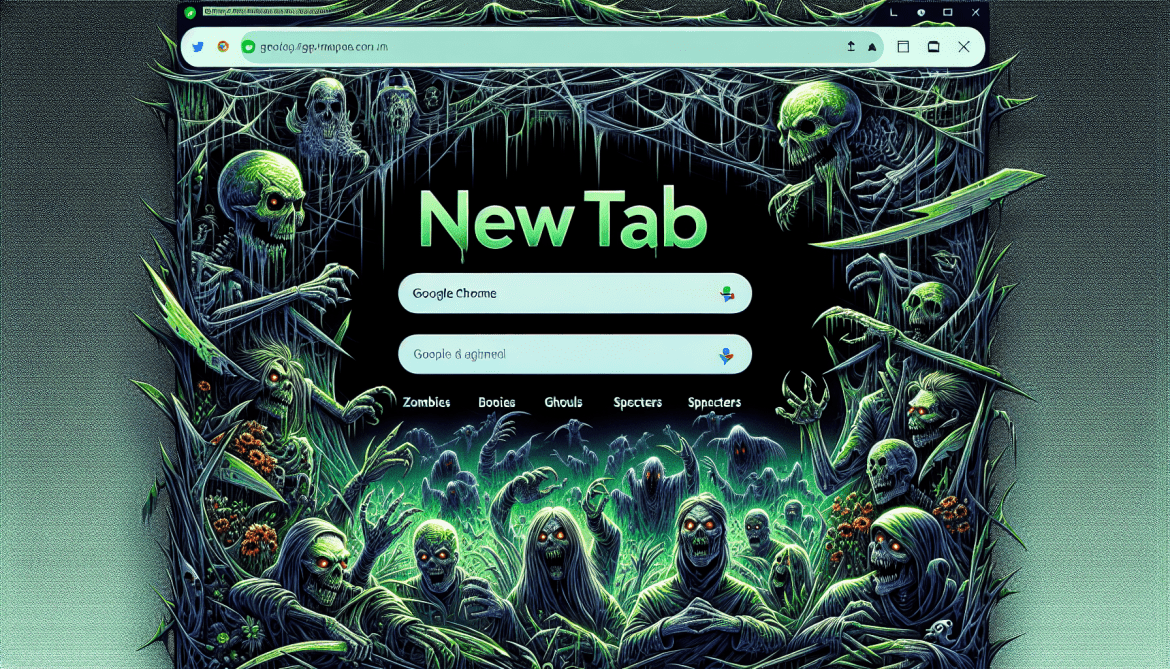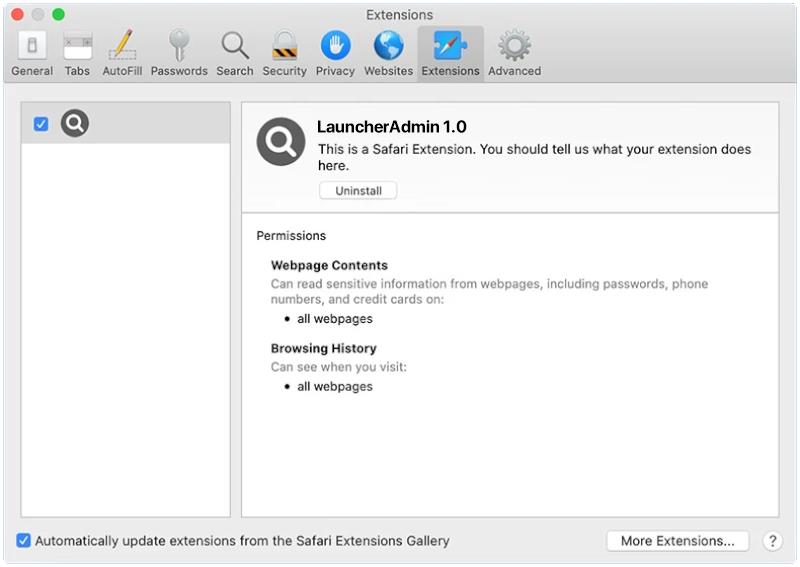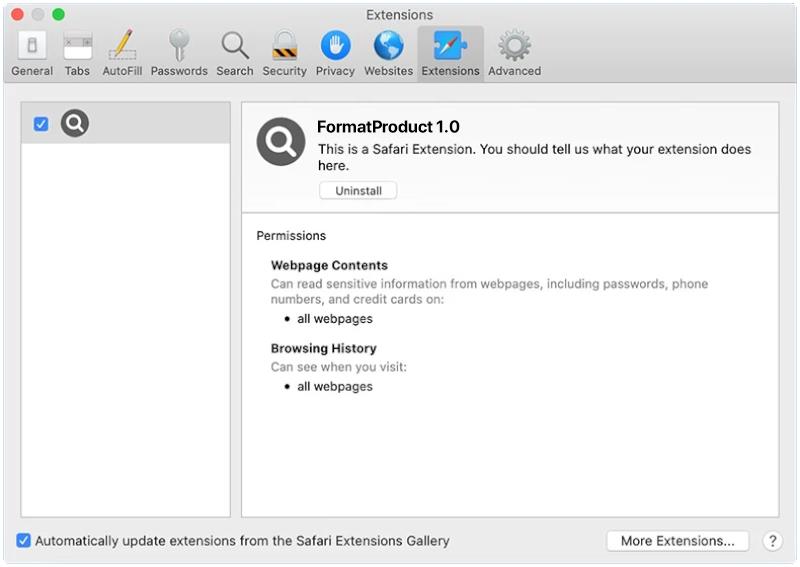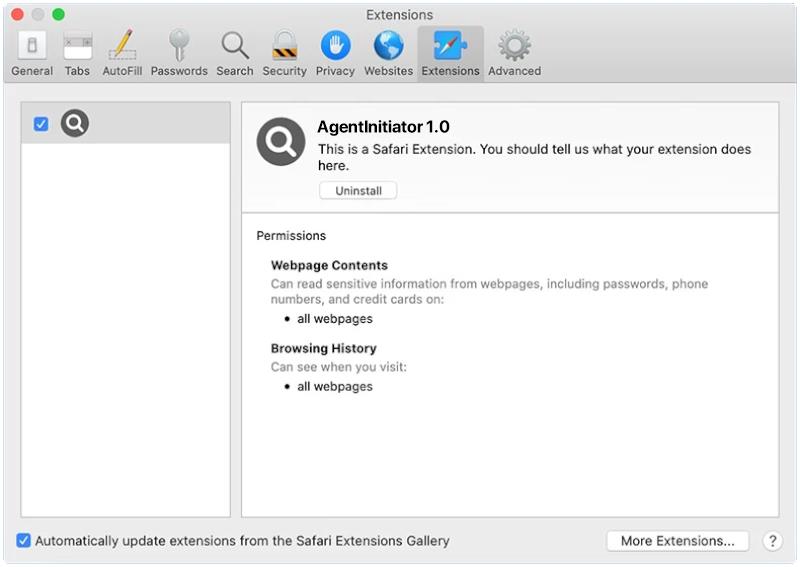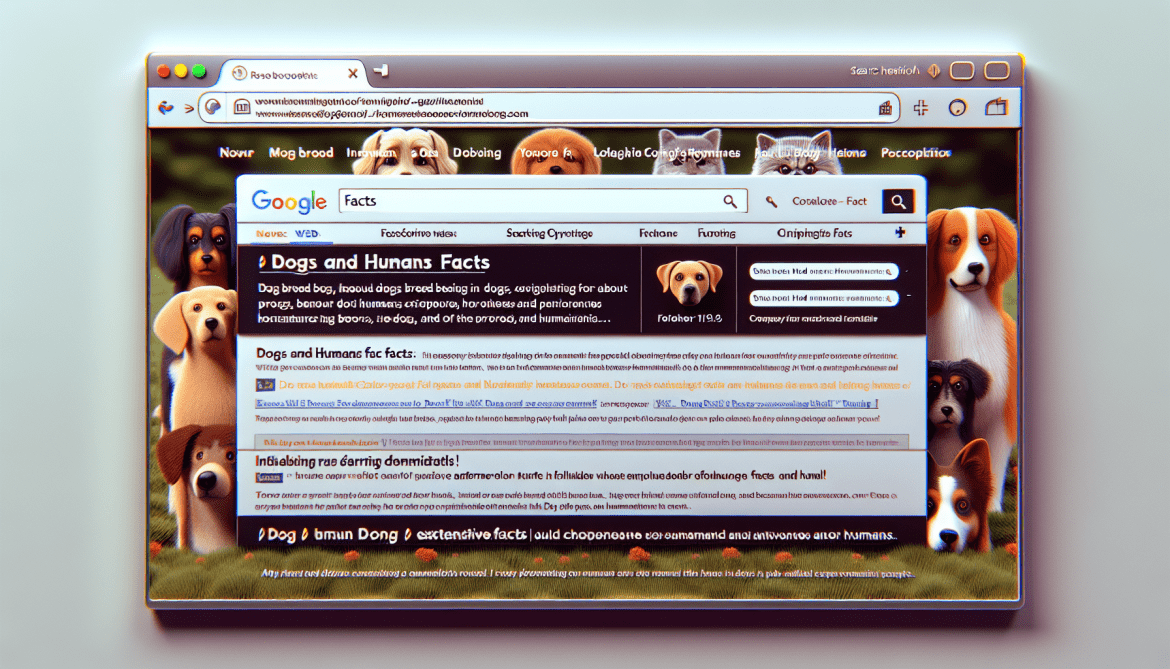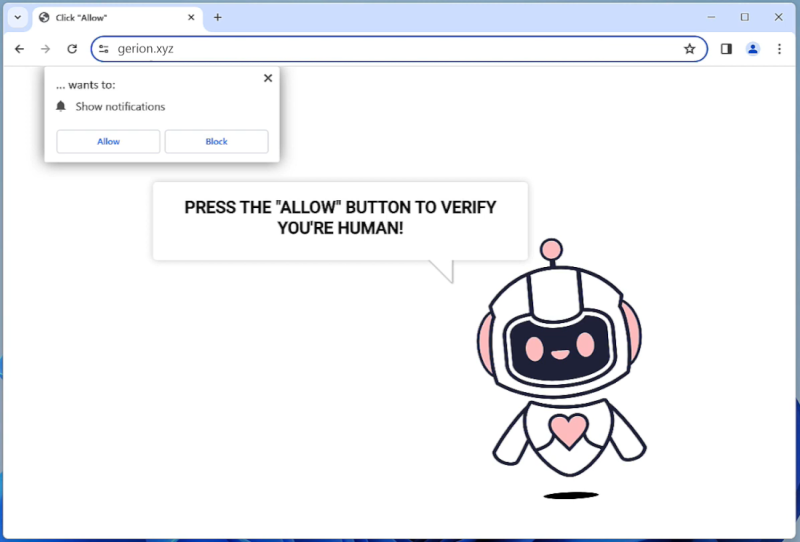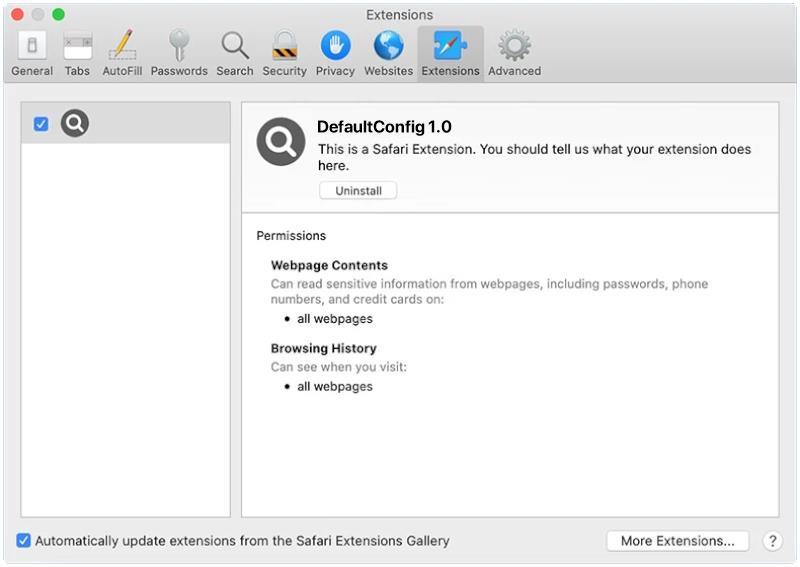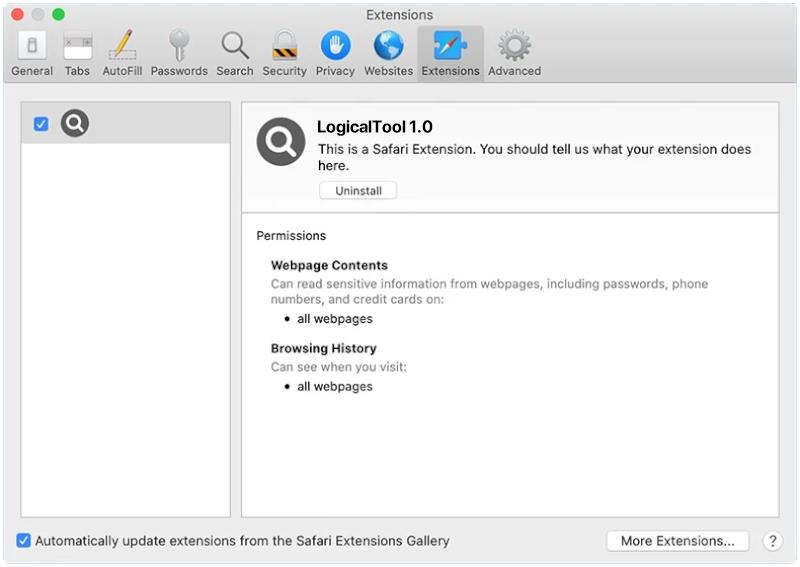How to remove Zombie New Tab
Zombie New Tab is a type of adware that is designed to display intrusive and unwanted advertisements in the form of pop-up windows, banners, and sponsored links on a user’s web browser. This adware typically changes the default settings of the browser, such as the homepage and new tab page, to redirect the user to malicious websites or display ads. Zombie New Tab can also track the user’s online activities and collect personal information for targeted advertising purposes.
Zombie New Tab usually infects computers and browsers through deceptive methods, such as bundled software installations, malicious websites, or fake software updates. Once installed, the adware can be difficult to remove and may continue to display unwanted ads even after the user tries to uninstall it. Users should be cautious when downloading software from unfamiliar sources and regularly update their antivirus software to protect against adware infections like Zombie New Tab.

